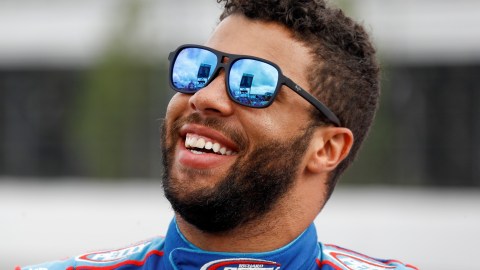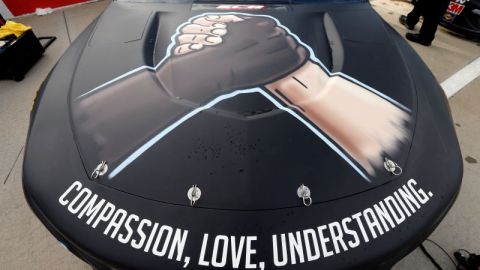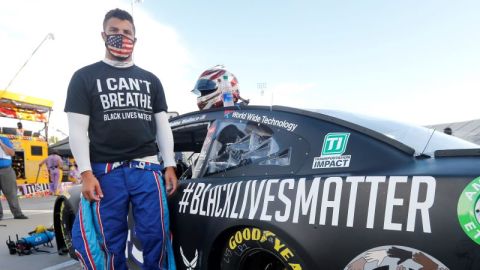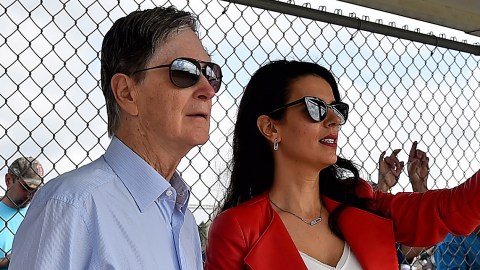 Whenever someone tells me that Rajon Rondo is the best point guard in the NBA — or one of the top three, or one of the five best, or whatever — I ask where that person ranks Mike Conley.
Whenever someone tells me that Rajon Rondo is the best point guard in the NBA — or one of the top three, or one of the five best, or whatever — I ask where that person ranks Mike Conley.
The reason I ask this is because if the fan has not bothered to think about his list at least through the top dozen or so point guards, of which Conley definitively is one, then they probably have not thought long or hard enough to offer a serious analysis of the position. It is one thing to acknowledge that Rondo or Chris Paul or Deron Williams is good. It is another thing to recognize why each one is good and exactly what makes him better than the other guys.
Now, early in Conley’s sixth NBA season, merely using him as a baseline for the league’s top point guards might be doing him a disservice. In a golden era for floor generals, being one of the top dozen or so is nothing to sniff at. In fact, Conley might even be better than that.
At first glance, Conley has a relatively easy job. He hands the ball to Rudy Gay on the perimeter or he tosses it down to Zach Randolph in the post. He shares playmaking duties with center Marc Gasol, who is at least equal to Conley in passing abilities. He seldom has to cover the opponent’s top backcourt player, as the task usually falls to defensive specialist Tony Allen.
Yet all those things could present problems for a lesser point guard, who may not have the wherewithal to navigate a roster with so many singularly talented stars. Conley calls the plays on the court, giving him a freedom and responsibility that not even Rondo had until a couple of years ago. He can run three or four possessions without ever looking Gay’s way, and there is never a whiff of Memphis’ leading scorer demanding the ball from him.
“I say, ‘I’ll get you the ball if you’re open, and if not, I’ll run it through you,'” Conley told the Memphis Commercial-Appeal earlier this season. “They say, ‘OK, that’s cool.’ They know I have their best interest, and at the end of the day, the ball gets where it should.”
Conley has been a target for criticism every since the Grizzlies inked him to a five-year contract in 2010. At the time he was a competent yet not overly impressive guard with a below-average player efficiency rating on a losing team. The team reportedly considered trading him and giving his starting spot to Kyle Lowry (who has since blossomed in Houston and Toronto). From an individual statistical standpoint, one could argue that Memphis could have better spent its $40 million elsewhere.
Purely looking at Conley’s statistics — which at 14.4 points and 6.3 assists entering the week were not markedly better than his career averages of 12.0 points and 5.4 assists — misses the point. Conley has missed only eight games since 2008 and sat out one game this season with flu-like symptoms. The Grizzlies are fortunate for his durability, as they score 12.1 points more per 100 possessions when he is on the court. On defense, the Grizzlies hold opponents to 3.5 points fewer per 100 possessions with Conley on the floor than off it.
Two games in particular underscored Conley’s importance. The first was the game he missed Nov. 26 against the Cavaliers, when the Grizzlies, who average 98.2 points and roughly 21 assists on 36 field goals per game, put up only 84 points and recorded just 16 assists on 33 baskets. The second of those games came Saturday, when a banged-up Conley committed six turnovers and had only three assists in 35 minutes, completely preventing the Memphis offense from getting off the ground. The moral is that when Conley is absent or just plain ineffective, the Grizzlies become far less formidable.
Lots of point guards have that sort of impact on their team, however. What makes Conley different — and perfect for the Grizzlies — is the reputation he has had for being a businesslike pro since he entered the league at 20 years old. To an even greater extent than is typical for a professional sports team, Memphis’ roster is a minefield of unique personalities. Randolph is a reformed problem child. Gay was a high-scoring lottery pick who needed to be more efficient as the Grizzlies’ focus shifted into the post. Gasol was an immensely talented big man who had to be prodded to use his full array of skills on offense. Celtics fans are familiar with Allen’s occasional tendency to go off the reservation.
Conley has dealt expertly with this tenuous collection of talent. He has helped the Grizzlies increase their win percentage each of the last four years, held his own against Paul in the playoffs last spring and currently has Memphis battling for the best record in the NBA.
At age 25, Conley is more than just an above-average example against whom other point guards should be compared. He is one of the best, and for the Grizzlies in particular, it is doubtful that anybody could be better.
Have a question for Ben Watanabe? Send it to him via Twitter at @BenjeeBallgame or send it here.



